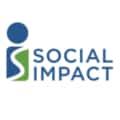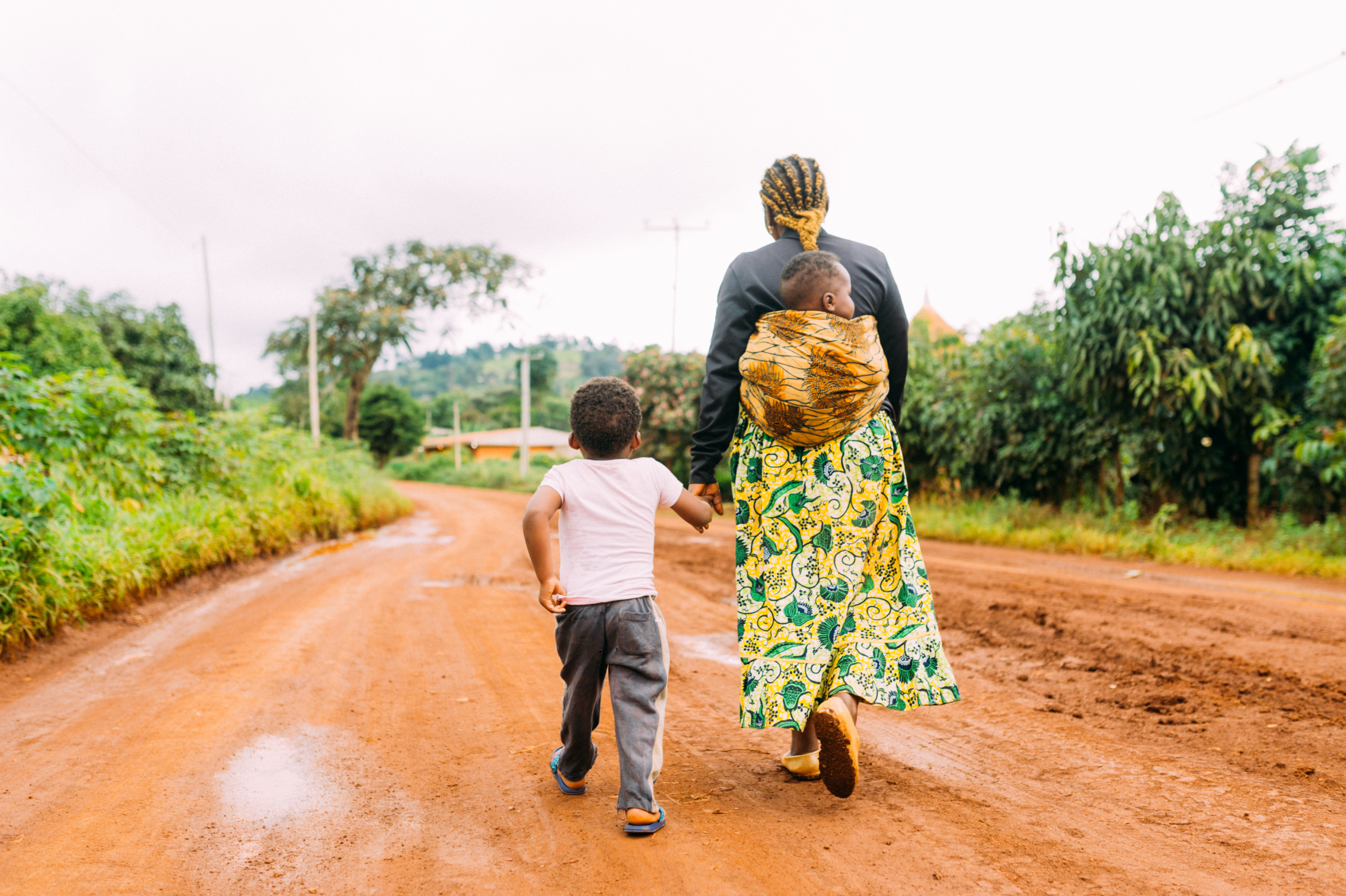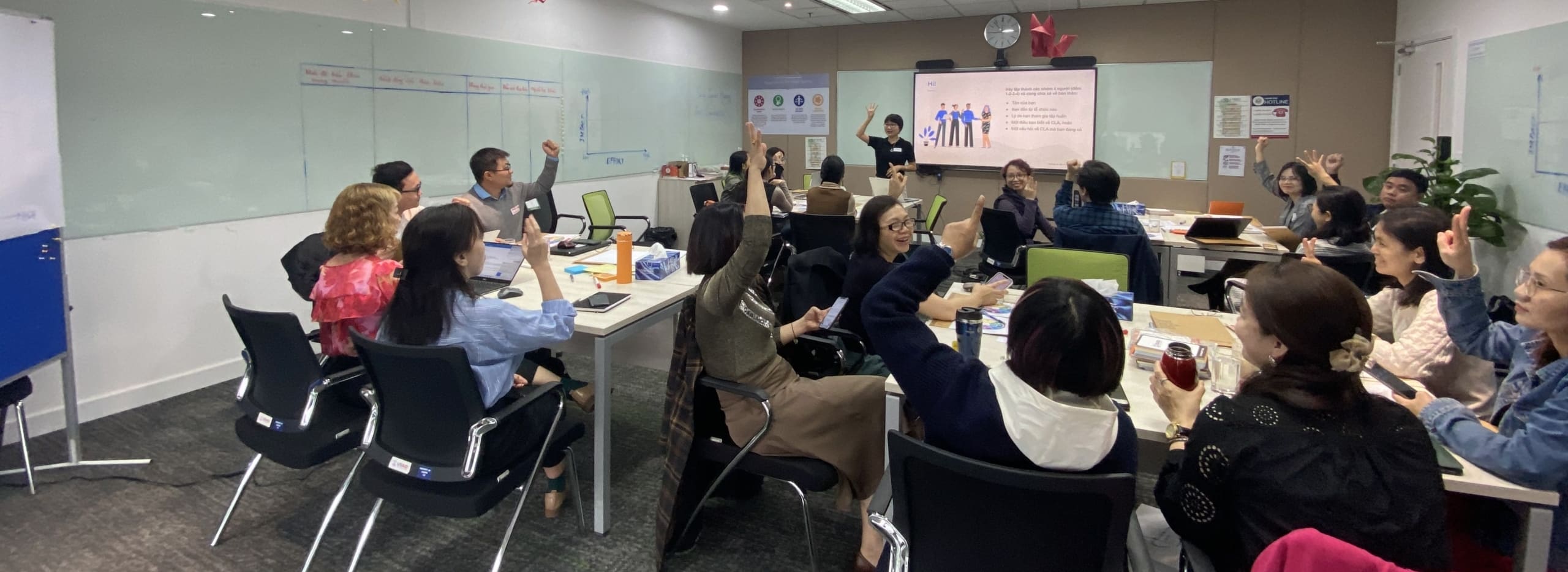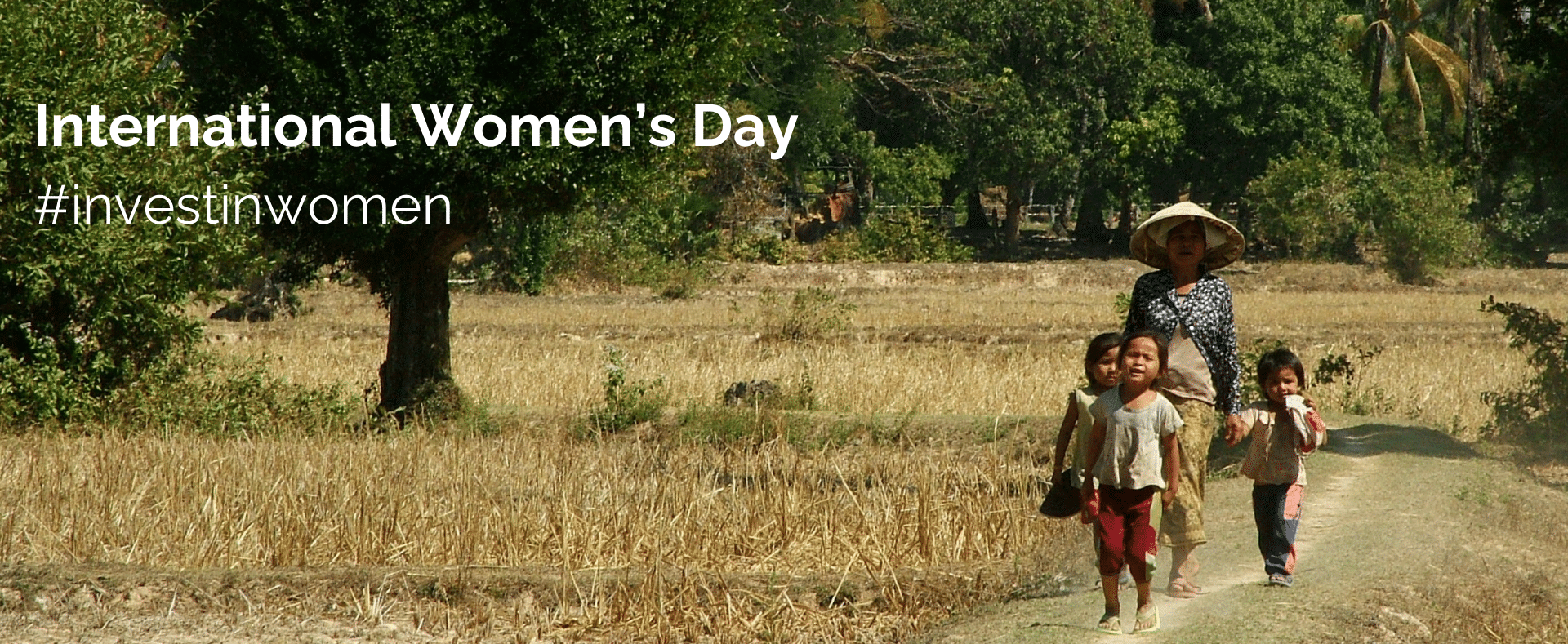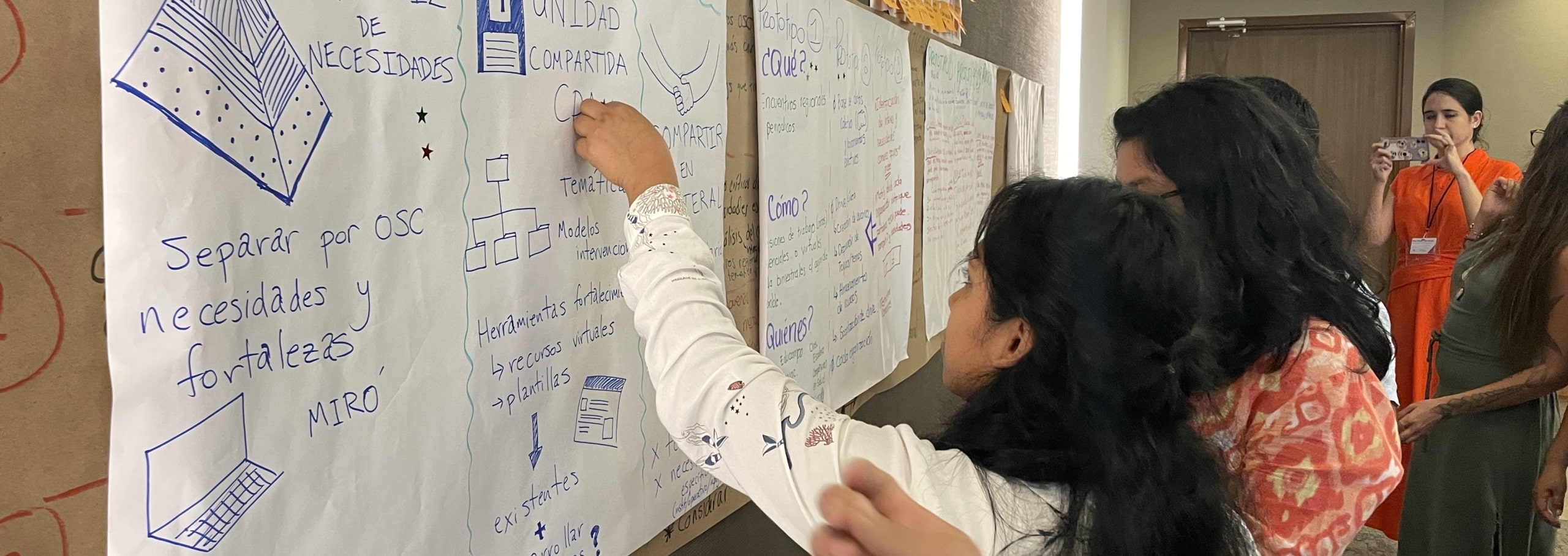As the world seeks today to shine a light on slavery, Social Impact is proud to be part of counter-trafficking efforts across the globe through assessments, evaluations, project design, and strategy development. The results of our work help to strengthen programs that assist those who are most vulnerable to trafficking, including refugees, migrant workers, and families and children living in poverty.
Together with our partners, we aim to bring an end to slavery worldwide. Through our work, we have provided recommendations that allow governments, implementing partners, and donors to strengthen their counter-trafficking efforts, leading to more effective prevention, prosecution of traffickers, and protection of vulnerable individuals.
Improving Practices to Prevent the Exploitation and Trafficking of Children in the Philippines
In 2018, we conducted a baseline study focused on the current status of online sexual exploitation of children (OSEC) and child labor trafficking to inform the design and implementation of the Child Protection Compact in the Philippines. The baseline findings and recommendations contributed to improvements in case reporting, data collection methods, and victim-centered practices for trafficking survivors. Currently, we are conducting an endline evaluation to observe the Compact’s contribution to changes in investigation, prosecution, and aftercare for OSEC and labor trafficking survivors using a before-and-after comparison design.
We are also building a predictive model based on diverse, existing datasets to reflect characteristics and detect trends of human trafficking and slavery in the Philippines. Based on these trends, we are conducting additional research on trafficking in persons prevalence, vulnerability factors, and links to violent extremism.
Improving Conditions for Workers in Nepal’s Brick Industry
Nepal’s brick industry provides jobs to over 200,000 workers, including approximately 32,000 children. These workers often endure unhealthy and unsafe conditions in brick kilns, and are vulnerable to debt bondage by exploitative labor brokers. We are a strategy and evaluation partner for Humanity United’s Nepal Bricks portfolio, which seeks to improve worker conditions and eradicate exploitative labor from Nepal’s brick kilns. From 2017 to 2019, the Better Brick Nepal (BBN) Program initiated a forced and bonded labor pilot to design and test interventions that show promise to break the cycle of debt bondage and forced labor between workers and kiln owners. Our evaluation of this program found that BBN’s efforts to establish education opportunities for kiln workers’ children through their Bridge Schools program was the primary motivation for kiln owners to partner with BBN, as this made kilns easier to manage, incentivized kiln workers to return year after year, and reduced child labor. SI is now working with Humanity United and BBN partners to develop sustainable strategies for activities such as the Bridge Schools Program to continue improving labor conditions and reducing child labor in Nepal.
In addition to the Philippines and Nepal, SI has supported research and evaluations on Countering Trafficking in Persons that have helped to improve conditions for vulnerable populations in Sri Lanka, Thailand, Cambodia, and the Democratic Republic of the Congo.
Photo Credit: Getty Images
Modern Slavery Terminology
Slavery does not always present in its traditional form, where a person is ‘legally’ owned by or is under the control of another. In modern society, we have seen manifestations of slavery in various and ‘less obvious’ ways that may even elude the legal definition yet continue to oppress and take freedom away from vulnerable populations.
Trafficking In Persons (TIP) is used interchangeably with “human trafficking” and “modern slavery” and refers to sex and labor trafficking including involuntary servitude, forced labor, slavery, and debt bondage (State Department, 2020).
Forced Labor refers to situations in which persons are coerced to work using violence or intimidation, or by more subtle means such as accumulated debt, retention of identity papers or threats of denunciation to immigration authorities (Humanity United, 2017).
Bonded Labor or debt bondage is a person’s pledge of labor or services as security for the repayment for a debt or other obligation. The services required to repay the debt may be undefined, and the services’ duration may be undefined (Humanity United, 2017).
Counter Trafficking in Persons (CTIP) refers to a variety of practices that prevent trafficking, protect victims and survivors, prosecute traffickers, and leverage partnerships for a strengthened response.

